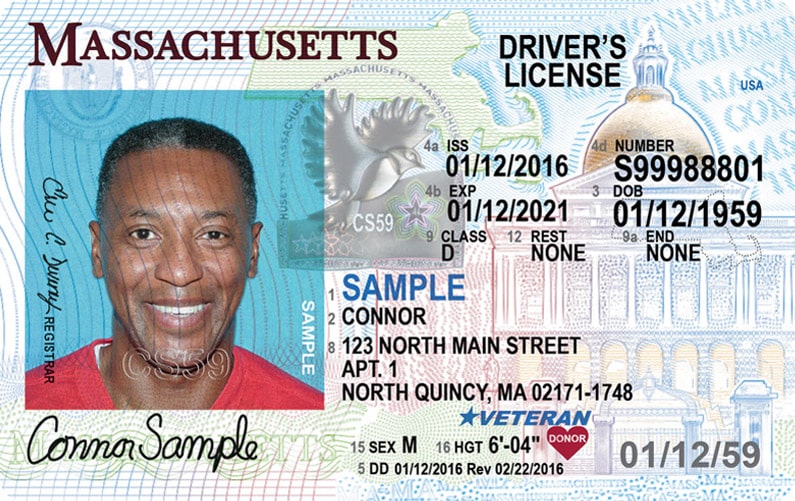Overview of Massachusetts ID scanning laws
Massachusetts has 4 laws which we consider relevant to ID verification, in addition to other laws which may related to age verification, identity verification, KYC, privacy, and biometrics.
Can you scan IDs in Massachusetts?
Yes. There are no laws prohibiting or regulating the electronic scanning of an ID in Massachusetts.
Can you save data from a scanned ID in Massachusetts?
Yes. There are no current laws which limit or restrict saving data from a scanned ID in Massachusetts.
Does Massachusetts offer affirmative defense for ID scanning?
No. Massachusetts has no affirmative defense laws related to ID scanning.
What types of IDs does Massachusetts issue?
Massachusetts issues drivers licenses and state IDs, including REAL ID.
Individual Massachusetts ID verification laws

Age verification for alcohol sales
Massachusetts requires that businesses verify age, but does not require electronic scanning or verification for alcohol sales. Massachusetts offers liquor purchase identification cards for persons 21 or older who do not have drivers licenses.

Age verification for tobacco sales
Massachusetts requires that businesses verify age, but does not require electronic scanning or verification for tobacco or vape sales.

Identity verification for notaries
Notaries in Massachusetts are required to verify the identity of signers, but ID scanning is not required.
Data privacy laws in Massachusetts
Massachusetts does not have any comprehensive data privacy laws. HB 83 was introduced in February 2023 to establish the Massachusetts Data Privacy Protection Act, but died in chamber.
Massachusetts ID scanning
State-specific news & updates
No post found!
